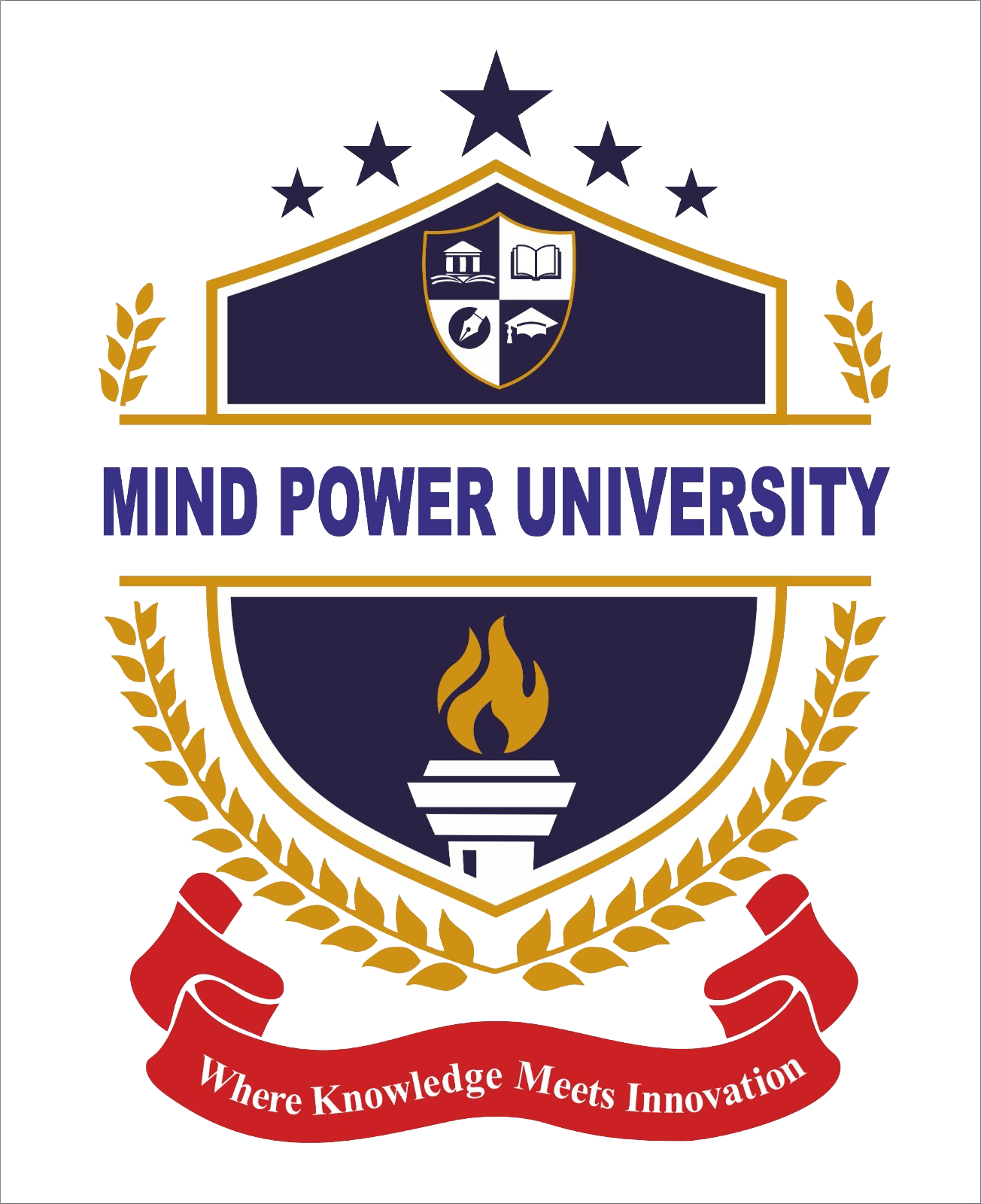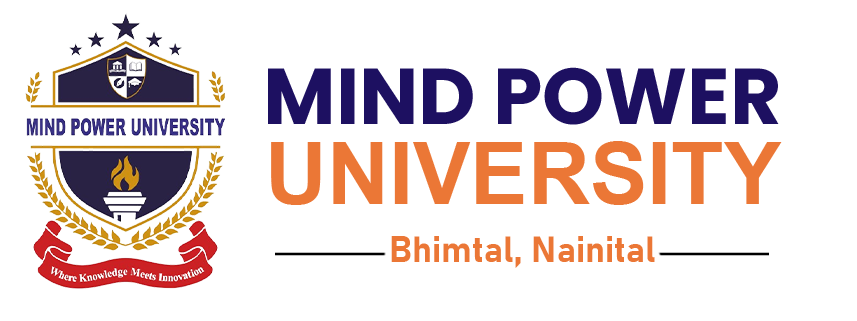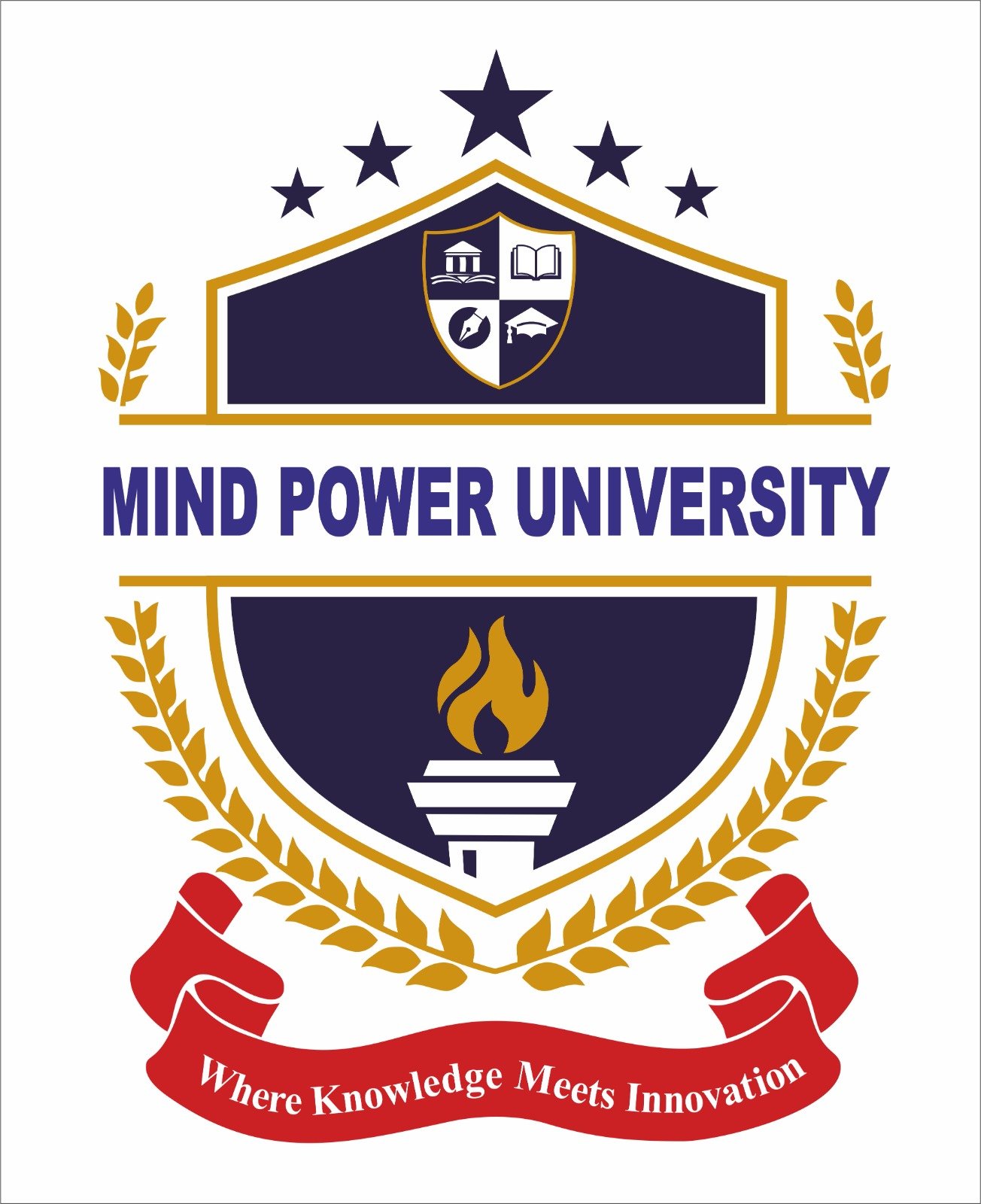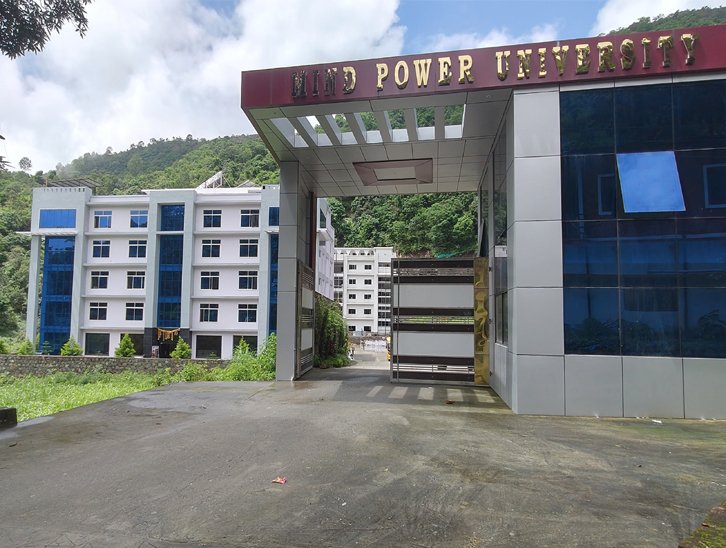 Bachelor of Science (Hons. - Physics)
Bachelor of Science (Hons. - Physics)
Duration
3 Years
Registration Fee
Contact on :- 8882822265
Exam Fee/ Module
Contact on :- 8882822265
The study of the fundamentals of physics is the main subject of the undergraduate Bachelor of Science (Hons.-Physics) degree program.
This curriculum is present at the Mind Power University of Studies in two formats: B.Sc. (Hons. - Physics) and B.Sc. (Hons. Research - Physics).
Usually lasting four years, this degree program combines classroom instruction with laboratory work and research assignments. Students enrolled in this program will be qualified to pursue the University's one-year Master of Science (Physics) degree.
Additionally, students who achieve a grade of at least 75% or an equivalent will be qualified to proceed directly to a Ph.D. program.
| Eligibility | 10+2 (Science-relevant)/ Diploma or eq. |
|---|
Contact on :- 8882822265
.jpg)
Contact on :- 8882822265
.jpg)
Contact on :- 8882822265
.jpg)
A Bachelor of Science (B.Sc) degree in Physics, Chemistry, and Mathematics (commonly known as PCM) provides a strong foundation in the fundamental principles of these disciplines and opens up various career paths in academia, research, industry, and beyond. Let's explore some detailed career paths after completing a B.Sc in Physics, Chemistry, and Mathematics:
Academia and Research:
- Pursue higher education: Many graduates choose to pursue postgraduate degrees such as Master of Science (M.Sc), Master of Philosophy (M.Phil), or Doctor of Philosophy (Ph.D.) in their respective fields. This can lead to careers as professors, researchers, or scientists in universities, research institutions, or government laboratories.
- Teaching: With additional training such as a Bachelor of Education (B.Ed) or Teaching Certification, graduates can become school teachers or lecturers in educational institutions, teaching physics, chemistry, or mathematics at the secondary or higher secondary level.
Industry and Technology:
- Data Analyst: Apply mathematical and statistical skills to analyze data, derive insights, and make data-driven decisions in industries such as finance, healthcare, marketing, and technology.
- Software Developer: Utilize problem-solving skills and programming knowledge to develop software applications, algorithms, or simulations in various industries, including software development firms, IT companies, and research organizations.
- Quality Assurance Analyst: Ensure the quality and reliability of products and processes by conducting tests, inspections, and audits in industries such as manufacturing, engineering, and pharmaceuticals.
- Research and Development (R&D): Work in R&D departments of companies to innovate, develop new products, improve existing processes, or conduct scientific research in fields like materials science, pharmaceuticals, or telecommunications.
- Technical Writer: Communicate complex scientific or technical information effectively by writing reports, manuals, or articles for scientific journals, websites, or technical publications.
- Data Science and Machine Learning: Apply mathematical and statistical techniques to analyze large datasets, build predictive models, and develop algorithms for machine learning applications in industries such as finance, healthcare, and technology.
Government and Public Sector:
- Civil Services: Prepare for competitive exams such as the Union Public Service Commission (UPSC) or State Public Service Commission (SPSC) to enter administrative services, where candidates with backgrounds in science and mathematics can contribute to policymaking, governance, and public administration.
- Research Organizations: Join government research organizations such as the Indian Space Research Organisation (ISRO), Defence Research and Development Organisation (DRDO), or Council of Scientific and Industrial Research (CSIR) to work on cutting-edge scientific projects and technological advancements.
- Public Sector Undertakings (PSUs): Apply for jobs in PSUs such as Bharat Heavy Electricals Limited (BHEL), Oil and Natural Gas Corporation (ONGC), or National Thermal Power Corporation (NTPC) for roles in engineering, management, or research.
Entrepreneurship and Innovation:
- Startups: Launch your own venture or join a startup company to innovate, develop new technologies, or provide solutions in areas such as renewable energy, biotechnology, artificial intelligence, or financial technology.
- Consulting: Offer specialized consultancy services in areas such as scientific research, technology development, data analysis, or education and training to organizations, businesses, or government agencies.
Further Education and Specializations:
- Actuarial Science: Pursue professional courses in actuarial science to work as an actuary in insurance companies, financial institutions, or consulting firms, assessing and managing financial risks using mathematical and statistical methods.
- Applied Mathematics: Specialize in applied mathematics fields such as operations research, numerical analysis, mathematical modeling, or computational mathematics, with applications in finance, engineering, computer science, and more.
Interdisciplinary Fields:
- Environmental Science: Combine knowledge of physics, chemistry, and mathematics with environmental science to work on issues such as climate change, pollution control, natural resource management, or environmental conservation.
- Biotechnology: Apply principles of physics, chemistry, and mathematics to biotechnological research, including areas such as genetics, bioinformatics, pharmaceuticals, or medical devices.
These detailed career paths demonstrate the versatility and breadth of opportunities available to graduates with a B.Sc in Physics, Chemistry, and Mathematics. Depending on individual interests, skills, and career aspirations, graduates can pursue diverse paths in academia, research, industry, government, entrepreneurship, or interdisciplinary fields, leveraging their analytical, problem-solving, and critical thinking abilities gained through their undergraduate studies.







